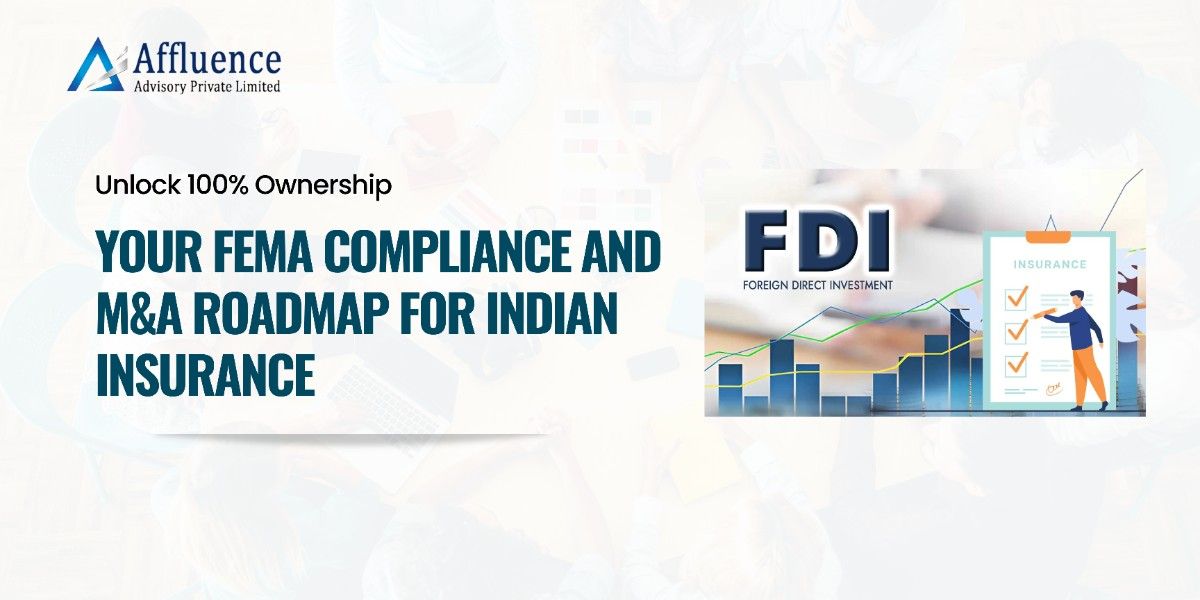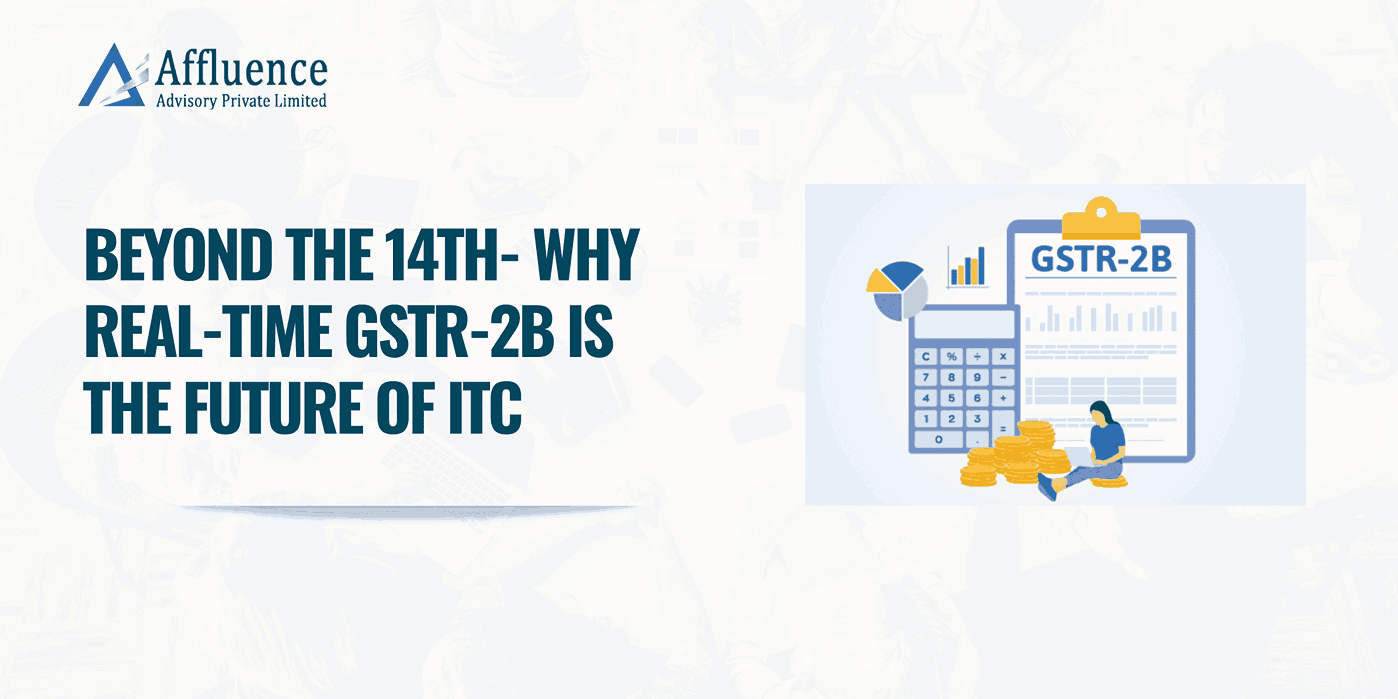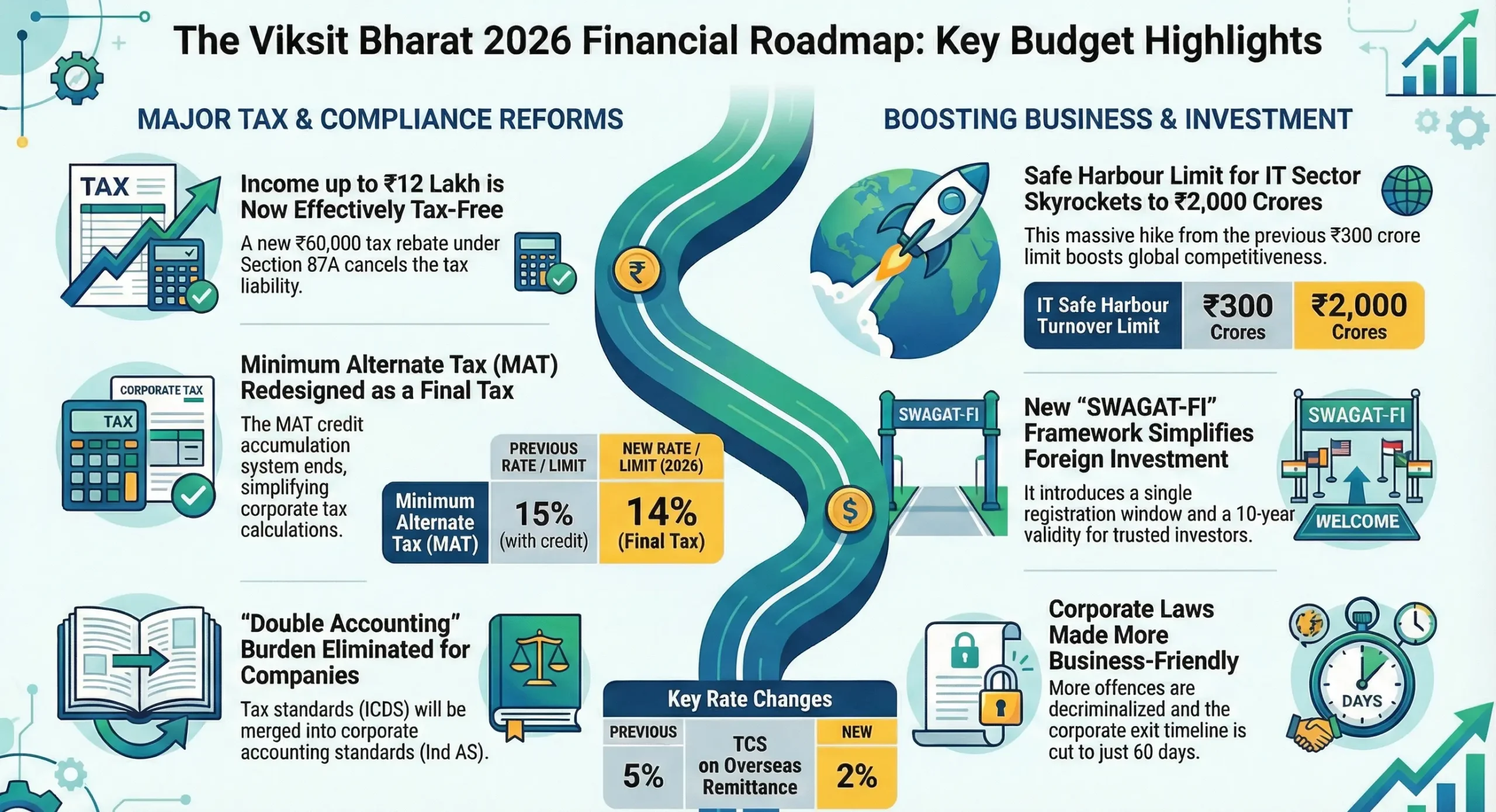Key Changes & Updates
The CBDT has released ITR forms – for Assessment Year 2025-26, introducing several important revisions to reflect current tax policies and compliance requirements. The objective behind these revisions is to make tax filings more comprehensive and ensure greater accuracy in income reporting. We are outlining the major changes and their applicability for various taxpayer categories.
| ITR Form | For Eligible Assessee | Income Criteria & Key Details |
|---|---|---|
| ITR-1 | Resident Individuals (Not HUF) |
|
| ITR-2 | Individuals and HUFs | Income includes capital gains, more than one house property, foreign income/assets, or income > ₹50 lakhs. Not for business/profession income. |
| ITR-3 | Individuals and HUFs | For those earning income from business or profession (proprietorship), including income from house property, capital gains, and other sources. |
| ITR-4 | Resident Individuals, HUFs, and Firms (other than LLP) |
|
| ITR-5 | Partnership Firms, LLPs, AOPs, BOIs, Estate of deceased/insolvent, Business trusts, Investment funds, etc. | For all entities other than individuals, HUFs, and companies. Not applicable to those filing ITR-7. |
| ITR-6 | Companies (except those claiming exemption under section 11) | For companies under the Companies Act, excluding charitable/religious exempt entities. Must be filed electronically. |
| ITR-7 | Trusts, Political Parties, Charitable Institutions, etc. | Applicable to those required to file under Sections 139(4A) to 139(4D) like trusts, institutions, universities, and political parties. |
Disclaimer: This article provides general information existing at the time of preparation and we take no responsibility to update it with the subsequent changes in the law. The article is intended as a news update and Affluence Advisory neither assumes nor accepts any responsibility for any loss arising to any person acting or refraining from acting as a result of any material contained in this article. It is recommended that professional advice be taken based on specific facts and circumstances. This article does not substitute the need to refer to the original pronouncement.









